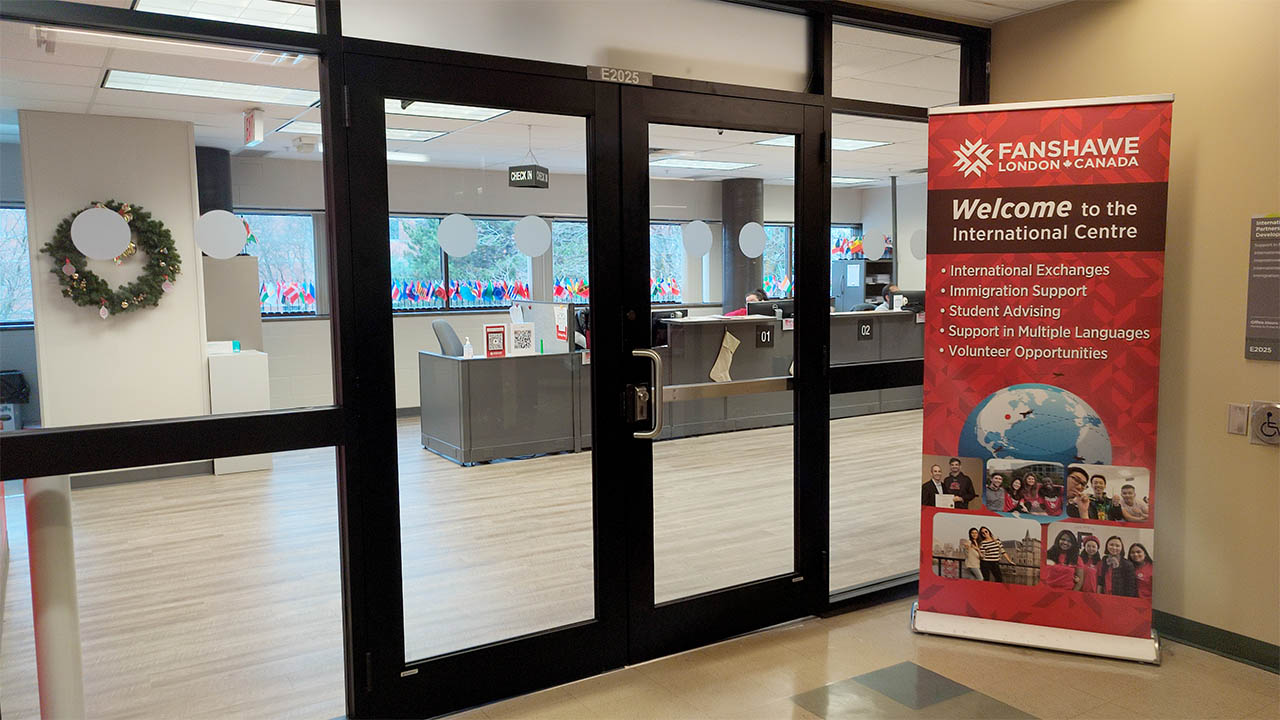Canada’s cost-of-living requirement doubled for international students
 CREDIT: GRACIA ESPINOSA
CREDIT: GRACIA ESPINOSAThe IRCC has doubled cost-of-living requirement for international students as of Jan. 1.
Minister of Immigration, Refugees and Citizenship Marc Miller announced on Dec. 7, 2023 that Canada would be increasing its cost-of- living requirement for new study permit applicants. Effective Jan. 1, single study permit applicants must show proof of funds of at least $20,635 in addition to their first-year tuition and travel costs.
“We are revising the cost-of-living threshold so international students understand the true cost of living here,” Miller said during a media conference.
“The last money requirement of $10,000 was made in 2000; 24 years will have passed,” said the Regulated Canadian Immigration Consultant (RCIC) and a member of The Canadian Association of Professional Immigration Consultants (CAPIC) Kubeir Kamal.
Miller said that “this measure is key to [international students’] success in Canada.”
“These long-overdue changes will protect international students from financially vulnerable situations and exploitation,” he said.
Kamal explained that once international students arrive in Canada, many resort to working illegally, as the 20-hours a-week they can work is not enough to cover their living expenses.
That’s why, in addition to the new cost of living requirement, the IRCC will extend the exemption from the 20-hour work week limit for international students until April 30. However, only students who have submitted a study permit application before Dec. 7, 2023, will be eligible for this extension.
Kamal said he was pleased with the changes and that this will help both international students and Canadian citizens.
“Canadian residents and citizens are not in favour of such high immigration. They’re already very angry with the government for the high cost of inflation and a housing crisis, and there is no way the government would do anything else to anger people.”
Kamal also believes the changes won’t deter new international students.
“People are not interested in studying in Canada or the quality of education in Canada. They are interested in improving their lives. As long as that is understood, students will keep coming, and once they come here, they will realize that there is no easy way to become a permanent resident.”















